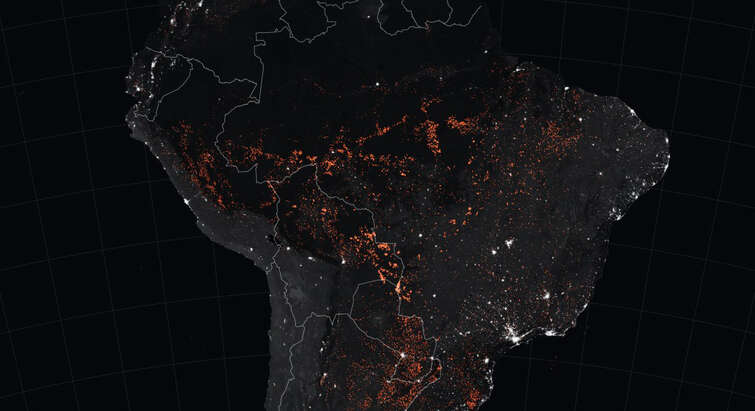
News about Politics
Viser 193 til 216 af 308 dokumenter.

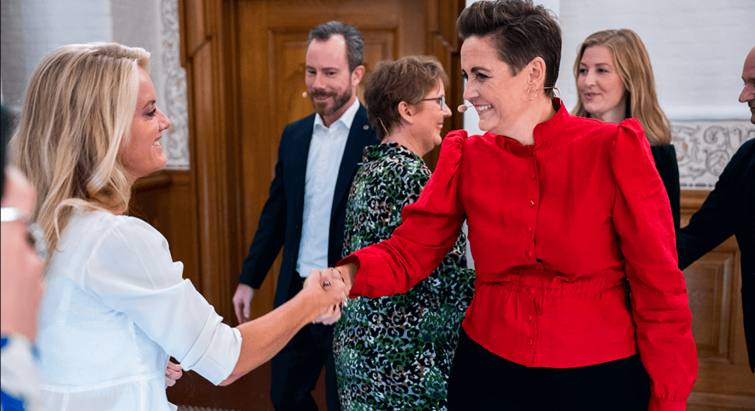
Female politicians disadvantaged by online prejudices and stereotypes

Viral lobbying: How the largest and hardest hit organisations made themselves heard during the pandemic

Republican Party lost core supporters after the attack on Capitol

‘We need the money’

Dictatorships use sporting events as a smokescreen for political repression
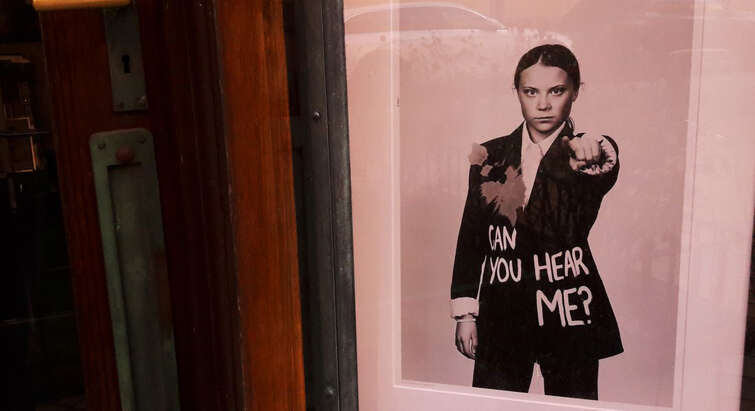
When do images rally support for political movements – or the opposite?
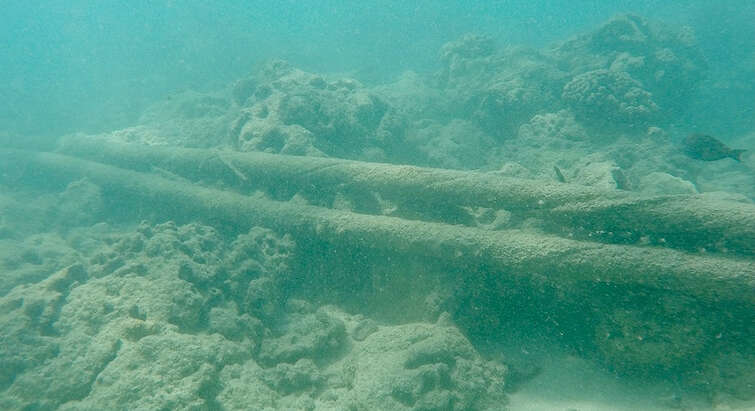
European Parliament heeds the call from ocean infrastructure researchers
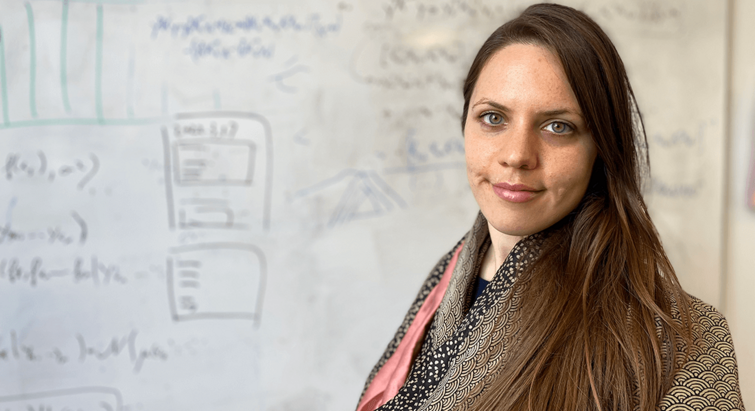
Healthy democracies are threatened by false information, but not everyone is keen on a cure

Healthy democracies are threatened by false information, but not everyone is keen on a cure

Andreas Bjerre-Nielsen will give talk as part of the AI seminar series

Low-Intensity Cyber Operations and State Sovereignty in Cyberspace

New CMS Report: Low-Intensity Cyber Operations and State Sovereignty in Cyberspace
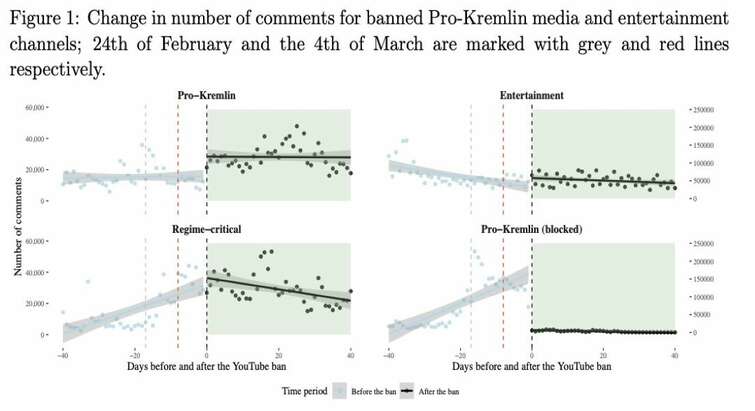
New data memo on YouTubes ban of Russian state media

New Open Access PRIVACY article out: Zones of Privacy in Letters Between Women of Power: Elizabeth I of England and Anna of Sax

SODAS professors appointed as members of government expert group

Users of high-cost loans have personality traits in common

What lies behind lies? New project looks deeper into honesty and dishonesty
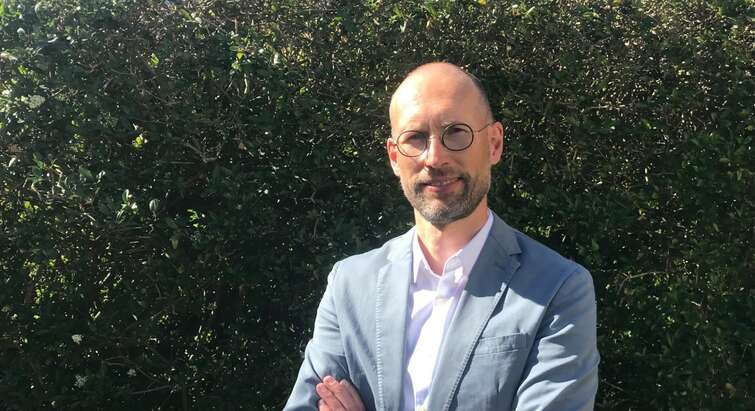
New professor of sociology to focus on financial markets and new technologies

How do we ensure local support for green energy production?
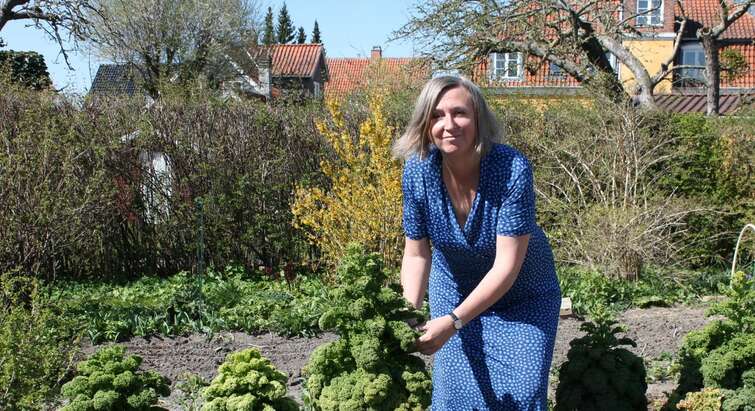
Green and sustainable food should become the automatic choice
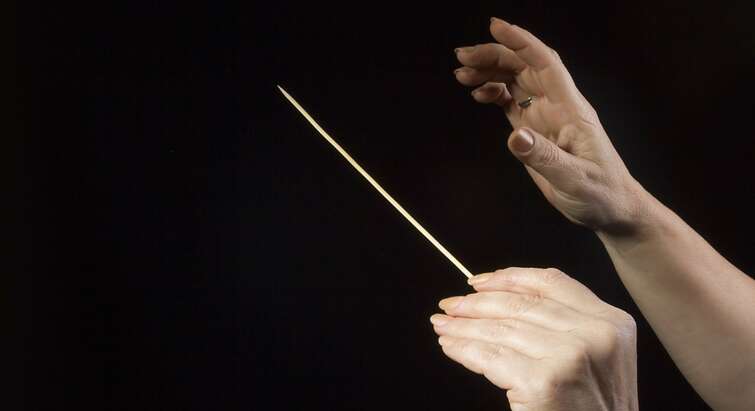
Wagner or Adele? Genes play a significant role in shaping our cultural tastes

The shady side of the Internet: How do young people share extreme content on social media?
